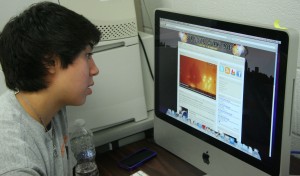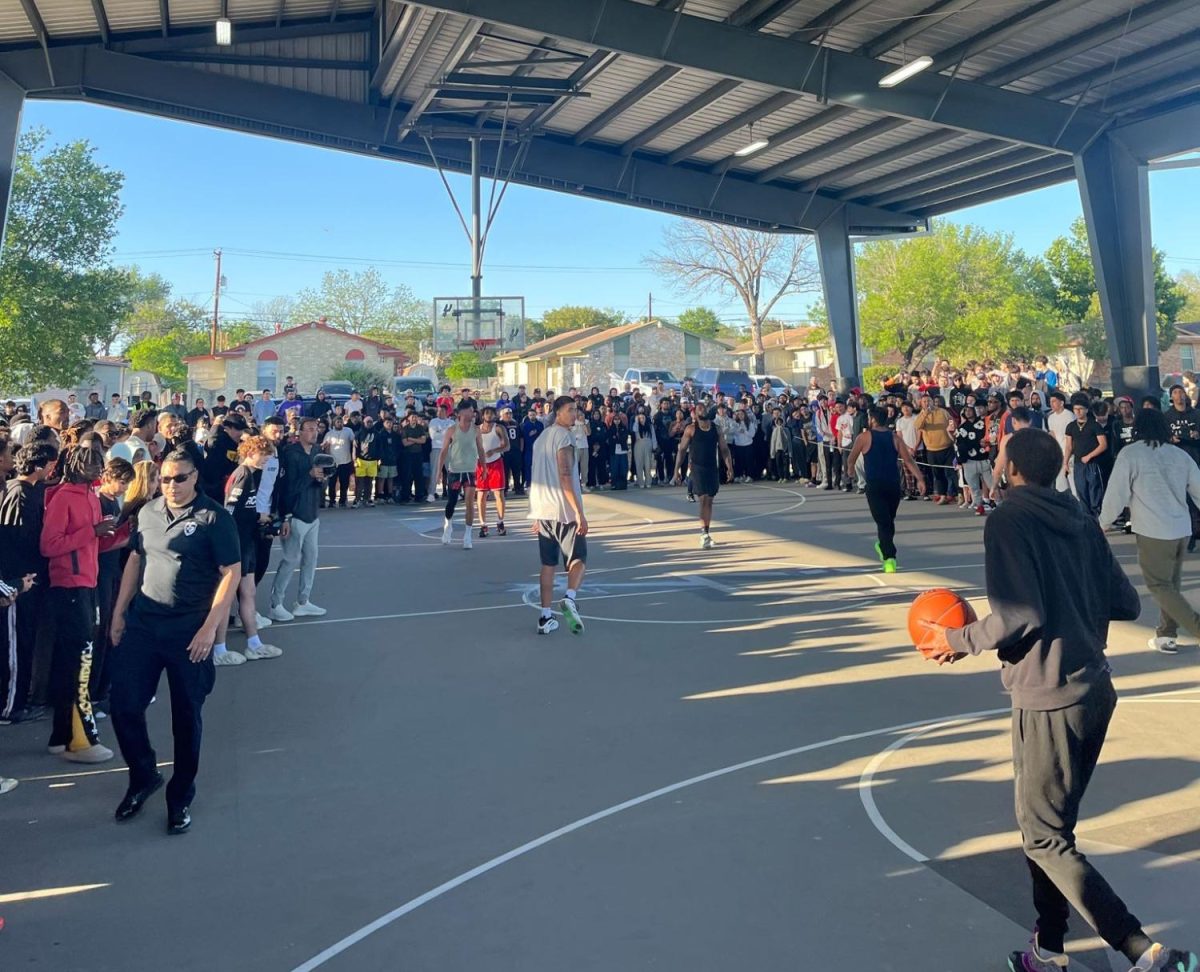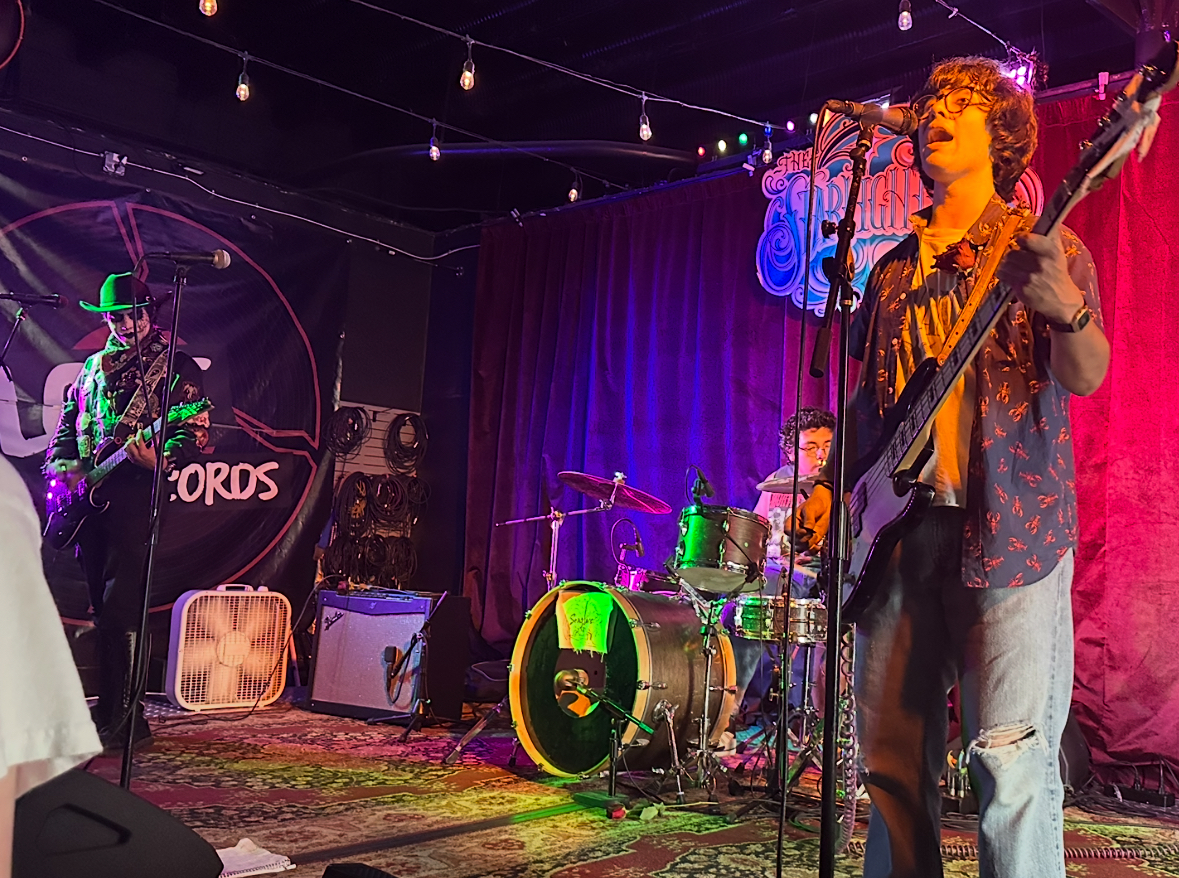
Studies have shown that the average teen gets only 6 to 7 hours of sleep a night – when, according to the American Sleep Disorders Association, their growing bodies require about 9.5 to stay alert. This sleep shortage comes from a variety of external circumstances, ranging from early school hours, homework, and extracurricular activities like part-time jobs, which are difficult to avoid, to unhealthy habits like ingesting too much caffeine and too much electronic stimulation.
“I get around 5 to 6 hours of sleep a night, because of the combination of my demanding Drill team schedule and school work,” senior Brannen Petit said. “I get up every morning at 5 A.M. and don’t get home ’til around 7 P.M.”
In general, teens assume they can miss a few hours of sleep a week without feeling negative effects, but in the long term, it can prove detrimental to both mental and physical capabilities.

Scientific studies have proven that during sleep, the mind rejuvenates and cements recently acquired knowledge, while the body recuperates from the toils of the day. When students do not get adequate rest, they find difficulty concentrating, problem-solving, and retaining information. Moods are also adversely affected, as sleepy students are often more irritable and can experience states of depression. According to the National Sleep Foundation’s 2006 Sleep in America poll, 25% of high school students fall asleep in class, which leads to poor grades. Other studies have shown that night owls see lowered quality not only in academics, but also in athletics, performance arts, and even driving skills. More than half of teens surveyed admit to “drowsy driving” – a habit which the National Highway Safety Traffic Administration names the cause of over 100,000 car accidents a year – the majority of which, involve people under the age of 25.
How to Avoid Sleep Deprivation
- Nix the Electronics. Nobody expects you to shut yourself off from them completely, but maybe set a time – a few hours before bed – to turn off the T.V., shut down the computer, and lay the cell phone aside. The flashing lights and noise overstimulate the mind, making it nearly impossible to quickly settle into a peaceful sleep.
- Cool it on the Caffeine. Caffeine, a chemical compound found in soda, coffee, tea, and even chocolate, has a half life of 3 to 12 hours. This means that the soda you had at lunch could still be affecting you when you try to go to bed at 10:30. Depending on your personal tolerance, know when you need to trade in for a glass of water instead.
- Don’t procrastinate. If you know, going home, that you’re going to have a lot of homework tonight, don’t put it off ’til later. It’s hard to unwind and relax when your mind is in deep-Physics-thinking mode. Learn to manage your time well and you won’t be kept up late finishing last-minute assignments.


















